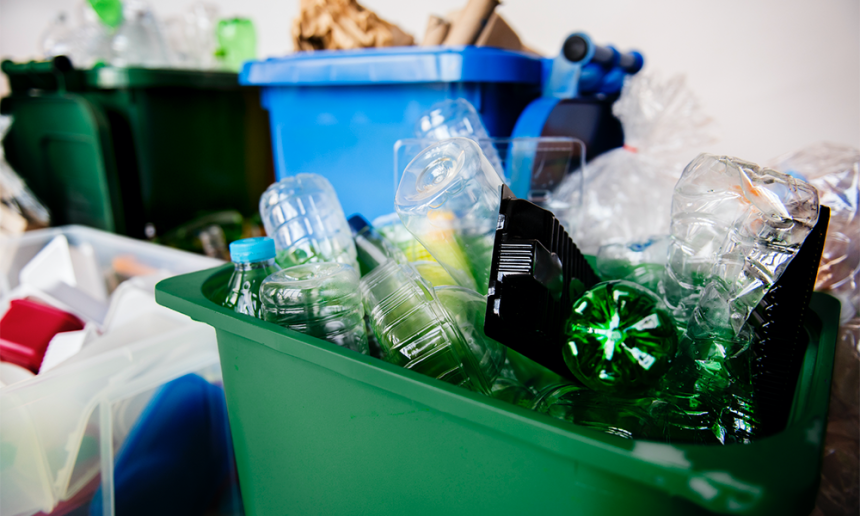An opinion piece published in i this week has been criticised by the Chartered Institution of Wastes Management (CIWM) for sowing “mistrust and misinformation” among the public with regard to plastic recycling.
The opinion piece by Tom Chivers advises people: “Want to save the oceans? Stop recycling plastic”.
He goes on to argue that “If you put your plastic in your recycling bin, there’s a decent chance it will end up in the seas off east Asia”, a statement that CIWM says is “fundamentally incorrect”.
CIWM’s policy and external affairs director, Lee Marshall, said this contradicts statistics published by the campaign group Basel Action Network (BAN) in 2021.
Mr Marshall said: “BAN data [the BAN data is sourced from the UN, which receives UK Trade data and may include data on some non-waste materials] clearly shows that only 2.8% of UK plastics were exported to Asia in 2021, and for India and the Philippines – the assumption being UK plastic ends up there – the data shows that exports to these countries either doesn’t exist or are so small as to not register in their data set.
“The opening photo of the article shows a river in Manila clogged with plastic waste, most of which would not come from a UK source. It is most likely to have originated in the Philippines itself, a developing country with insufficient or ineffective waste management systems in place.”
Sowing mistrust and misinformation amongst the general public with inaccurate articles on the issue of recycling ultimately makes the waste sector’s job much tougher
Mr Chivers suggests that “recycling plastic is a bad idea and, until we can be sure of where it’s going, we should stop doing it.”
He suggests plastic should be landfilled instead. CIWM, however, says it’s better to recycle.
Mr Marshall went on: “As the leading professional body for the resource and waste management sector, CIWM recognises that recycling can be a complex issue, but sowing mistrust and misinformation amongst the general public with inaccurate articles on the issue of recycling ultimately makes the waste sector’s job much tougher.”
CIWM says they would advise householders to check with their local authorities about which materials are collected for recycling and those that are not, and to follow their advice, to avoid contamination.
The Institution told Circular Online that it supports the widely understood waste hierarchy, where options are ranked according to their environmental impact.
It says top priority should be given to preventing the waste in the first place. When waste is created, it should ideally be prepared for re-use, failing that it should be recycled.
“Recycling takes preference over recovery and landfill as it saves production and energy costs and reduces the negative impacts that extraction and processing of virgin materials has on the environment,” CIWM says.
